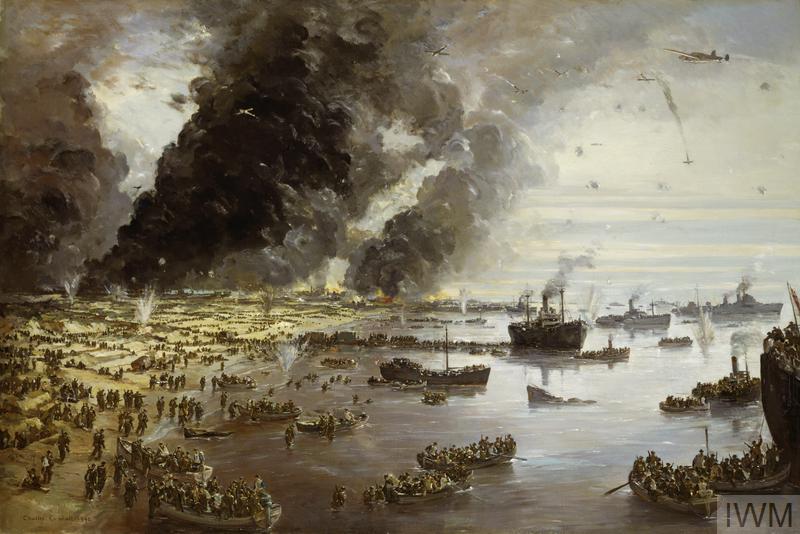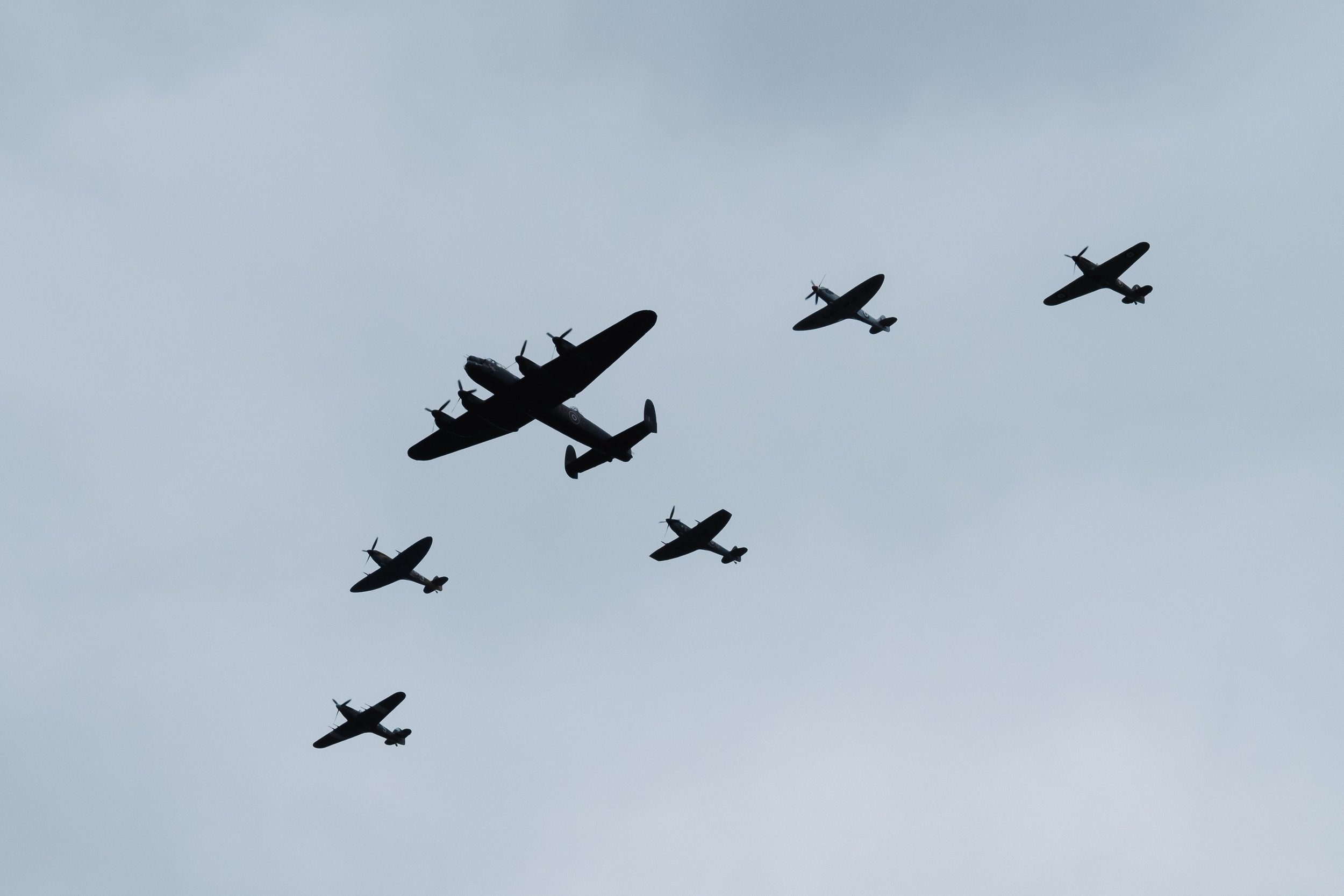Academic Work
I have been a professional academic for many years.
Although I no longer work at a university, I still have an active and ongoing research career.
Here are some of its highlights.
You can find more on my profiles at Google Scholar and ResearchGate.
The Withdrawal from Dunkirk, June 1940 by Charles Cundall © IWM (Art.IWM ART LD 305)
The Rise and Fall of Groups in Conflict
Humans are ultrasocial creatures, more like ants than chimpanzees in our capacity to tolerate large groups. But maintaining cooperation in groups is a daunting prospect when everyone has the incentive to free-ride on the efforts of others. Leading theories point to intergroup conflict as the unlikely key to our cooperation and complex society: people band together for protection or aggression.
We used custom-made massively-multiplayer games to observe the rise and decline of aggressive groups.
Selected Papers:
The joint emergence of group competition and within-group cooperation
Endogenous formation of cooperative groups through between-group competition (coming soon)
Photo by Matt Popovich on Unsplash
Improving Gender Diversity in Academia
Improving diversity in academia is a pressing institutional challenge. Academic societies may offer greater opportunities to advance diversity than the dusty halls of university faculties because membership is self-selected and members are voted in with high turnover. This review of zoological societies highlights the importance for societies to have large administrative boards and a public commitment to promote diversity.
Selected Papers:
Photo by Eleanor Power
A New Framework to Understand Human Signals
Humans have highly developed ways of sending signals that are a mystery even to those that send them. Why do people build monuments and flagellate themselves in the name of the divine? Why do doctors wear white coats? This paper reviews human signaling systems in light of what we've learned about signaling in animal systems.
Selected Papers:
Photo by Annie Spratt on Unsplash
Landmarked Boundaries
Humans love territories and mark their boundaries with everything from sticks to great walls. But many animals mark their territorial boundaries as well. Some even accept features of the landscape, like rocks or a stream. This is interesting because the territory owner could conceivably have an even bigger territory if the landmark was ignored. This comprehensive review considers the usage of landmarks for territorial boundaries across non-human animals and outlines the conditions that promote their use.
Selected Papers:
Sampling the Social Environment in an Uncertain World
The world is variable and uncertain, and animals must evolve to make decisions despite incomplete and imperfect information. Natural selection and personal experience effectively encode information into an animal, but gathering new information can be costly. This thesis considers the conditions when it is adaptive to gather new information, and how this can be affected by the landscape and the decisions of others.
Selected Papers:
Photo by Robert Bye on Unsplash
The Double-Edged Sword of Human Cooperation
Humans cooperate to raid other groups. But what motivates this behaviour: group-minded altruism or the promises of individual rewards? This experimental work, spearheaded by my PhD student Jaakko Junikka, uses novel procedures to illustrate that people are more interested in the spoils of victory than sacrificing for the group. Furthermore, those people who endured physical or emotional abuse as children were more likely to cooperate and take resources from other groups. This discovery suggests that authoritarian parenting may support and be supported by intergroup conflict and warfare.
Selected Papers:
Intergroup conflict: a battlefield of prosocial males in the chase for private goods (coming soon)
Harsh parenting may increase performance in intergroup conflicts by intensifying male bellicosity and prosociality (coming soon)
Photo by Roya Ann Miller on Unsplash
Innovation and Cultural Evolution in Dynamic Environments
This ongoing research project explores how and when people learn from each other in chaotic circumstances like multilevel competition and changing social situations. The results will have implications for the fundamental psychology of learning, alongside the design of social institutions and business operations. One aim of the project is to understand the conditions that favour innovation and cultural progress by using a custom-made multiplayer game, which has been developed so that other research teams can use it as an experimental tool.
Selected Papers:
Contextual variation in social learning strategies (coming soon)
Photo by Frida Bredesen on Unsplash
Know Thy Enemy, Not Always
Animals frequently engage in contests of strength and endurance to secure resources. The cold efficiency of natural selection breeds fighters that know when to push and when to withdraw. But what information do animals use to make these decisions? This game-theoretical analysis suggests that gaining information comes at the cost of being less persistent in the fight, and that weaker contenders face the risk of exposing their own weakness when learning about their opponent. Overall, whether to learn about opponents or not depends on errors in judgment and the consequences of sharing information.
Selected Papers:
Photo by Nathan Anderson on Unsplash
Changing Information Use at Different Scales and Systems
The challenge of living is to make predictions based on incomplete and imperfect information. Theoretically, it is easier to predict what will happen over large spaces (like a forest) than small spaces (like underneath a leaf) because change is slower and less chaotic. We find that male toadlets establish nest sites according to old information at large spatial scales, but use up-to-the-minute information at small scales.
Selected Papers:










